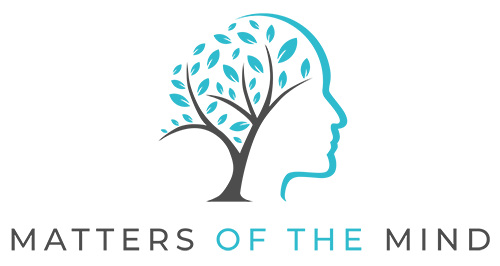We all battle with the inner voice that constantly shapes our choices and habits to lead a healthy lifestyle. But when this voice becomes harsh, most people feel unworthy of their health and lose control of their eating habits. This is the major reason why people suffer from various eating disorders, and surprisingly, they don’t know about this.
Eating Disorders Awareness Week is not just a campaign but a dedicated week that raises awareness about various eating disorders, encourages early intervention, and breaks multiple stigmas in society. If someone is struggling with an eating disorder, it’s the right time to learn, understand, and take the first step towards your health journey.
Why Does Eating Disorders Awareness Week Matter?
Celebrated from 24 February to 2 March, this week is a reminder that eating disorders are not just about food habits or changes; it’s about deeply and mentally rooted struggles that a person faces.
- About 9% of the global population experiences eating disorders in their lifetime.
- The highest cases of mental illness are linked to eating disorders.
Still, many people believe that eating disorders are a healthy lifestyle choice rather than a serious mental illness. The rise of social media and unrealistic beauty standards has worsened the problems, causing more people to focus on body shaming and more.
Healthy conversations this week help to educate ourselves and others and ensure no one suffers the silent battle alone.
Symptoms That You Can’t Miss
Eating disorders can be a struggle that affects your overall health. To help you, here are the essential signs that you can’t neglect.

Changes in eating habits
- Skipping meals frequently and eating very little
- Binge eating large amounts of food in one sitting
- Obsessive calorie counting
- Feeling guilty after eating
Obsession with body image and weight
- Fear of gaining weight
- Constantly checking weight or looking in the mirror
- Negative self-talk
- Feeling under-confident about body shape
Emotional and behavioural changes
- Avoiding social gatherings
- Excessive exercise even when feeling unwell
- Mood swings, depression, and anxiety
Physical warning signs
- Sudden weight loss or extreme weight fluctuations
- Weakness, dizziness, or fainting
- Digestive issues like bloating or constipation
- Thinning of hair
Recognising these signs is essential; the earlier the disorder is identified, the higher the chances of recovery.
Various Types of Eating Disorders
Here is a list of common types of disorders that can affect your overall health and well-being.

1. Anorexia Nervosa
It is the most well-known issue, characterised by extreme food restrictions, intense fear of weight gain, and a struggle with having a positive self-image. Despite being underweight, individuals often perceive themselves as overweight, leading to dangerous health complications if left untreated.
2. Bulimia Nervosa
This is a cycle of continuous guilt where an individual feels trapped in the vicious cycle of overeating. People lose control over their eating and consume large amounts of food in just one sitting. After excessive eating, they try to get rid of the food and extra calories in an unhealthy way, such as vomiting. This is called purging.
3. Binge Eating Disorder
It is a common eating disorder that affects people of all ages and genders. It involves the habit of uncontrollable eating without purging. An individual often consumes large amounts of food in a short period, even when not hungry, leading to feelings of shame and guilt.
4. Orthorexia
Orthorexia is an obsession with healthy eating associated with restrictive behaviours. Unlike other eating disorders, it is not about weight loss but rather a fixation on purity and quality. Over time, this obsession leads to anxiety, social isolation, and nutritional deficiencies.
Heal Your Eating Disorder with Dr Kavita Deepak-Knights
The extreme rise in eating disorder cases has made it crucial to address and heal this issue. However, proper healing requires the right guidance and support. An experienced professional can determine the best type of therapy suited to your needs. The psychological therapies offered by Dr Kavita Deepak-Knights provide tailored sessions designed to help you make a positive difference in your life.
Dr Kavita is a chartered clinical psychologist in Berkshire, delivering personal therapy sessions to anyone and anywhere in the world. Her passion for helping individuals has led to the creation of Matters of the Mind, a platform designed to help people achieve mental wellness and recovery.
Dr Kavita’s psychological therapies provide personalised sessions tailored to your unique needs. These therapies help you change your negative thought patterns about food and body image or allow your close ones to cope with situations. Through her friendly therapies, you can regain control of your life by adopting a positive mindset.
Your Path to Recovery Starts Here
Get support from Dr Kavita and start your healing journey today.
Participate in Eating Disorders Awareness Week
After this in-depth discussion, you now understand why participating in Eating Disorders Awareness Week is so important. Your small effort can create a big impact—whether you’re personally affected or want to support someone else on their journey to recovery.
How can you get involved?
- Educate yourself and others
- Support someone in need
- Engage in social media (use hashtags to break the stigma)
- Join events and workshops
- Seek professional guidance
Your effort, no matter how small, can brighten someone’s life—including your own.

